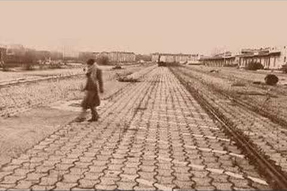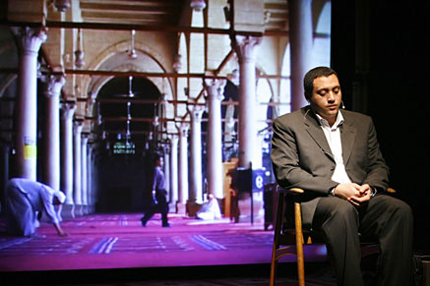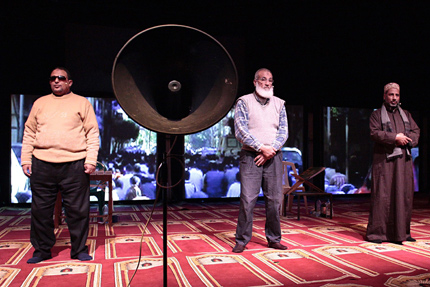When I was growing up, there were certain books which really galvanized me, making me think that critical writing was as richly evocative as any other kind of writing. One such book was Susan Sontag's "Against Interpretation"; it was so inspiring that I rushed out to get her second collection of essays, "Styles of Radical Will", the minute it was published. (I still have the hardcover, though the jacket has long since disintegrated.) But then I read her novels, "The Benefactor" and "Death Kit", and I was stumped. I couldn't understand how someone with such a keen, critical mind could turn out such ... crap. Soon after, I remember reading Gore Vidal's review of her novels in "The New York Review of Books", in which he explained how the analytic sense and the intellectual enthusiasm, which made Sontag such a formidable essayist, were not the same as the imaginative and emotional qualities needed for a novelist. He noted that Sontag was one of the few American writers well-acquainted with the most recent developments in European literature, but ticking off the influences (a little Sarraute here, a dollop of Robbe-Grillet there, Tomasso Landolfi coming in during the final stretch) wasn't the same as being transported into the imaginative realm of the aesthetic.

 Upon leaving the International Research Center "Interweaving Performance Cultures," Brian Singleton gave an interview in which he complicates terms like orientalism, interculturalism and interweaving. In Ariane Mnouchkine's performance Les Naufragés du Fol Espoir he perceives what he calls "an ethically conscious intercultural" he generally believes to not have happened yet.
Upon leaving the International Research Center "Interweaving Performance Cultures," Brian Singleton gave an interview in which he complicates terms like orientalism, interculturalism and interweaving. In Ariane Mnouchkine's performance Les Naufragés du Fol Espoir he perceives what he calls "an ethically conscious intercultural" he generally believes to not have happened yet. 




